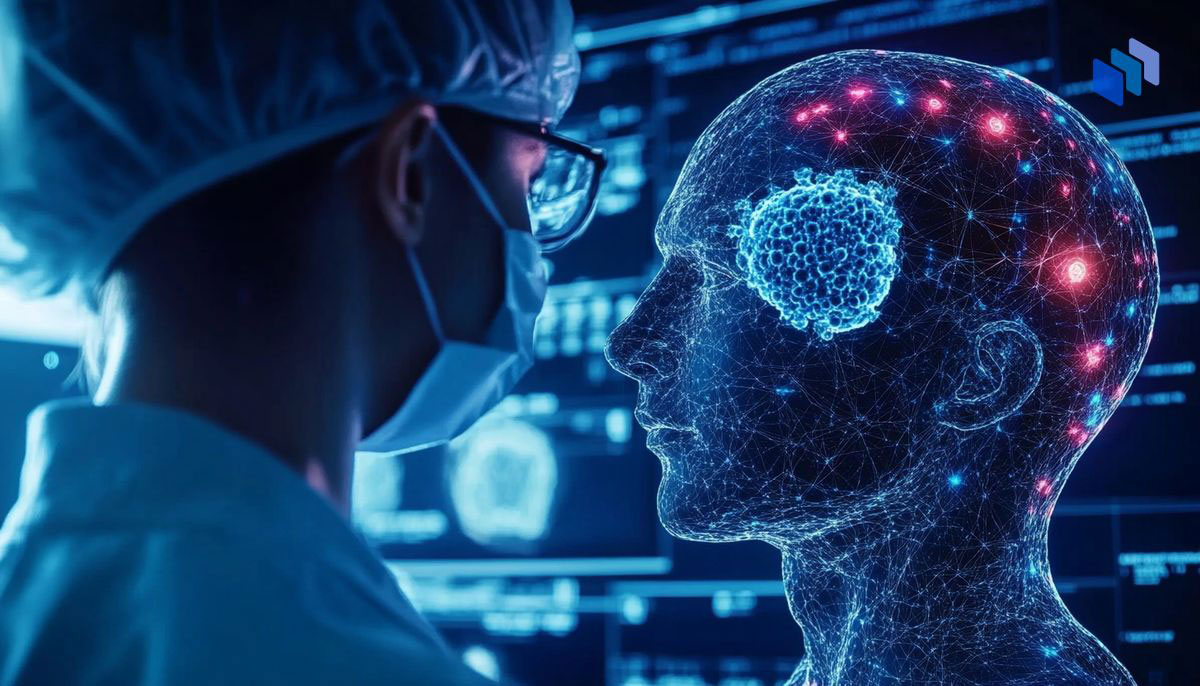Google DeepMind Unveiled as DeepMind and Google's Brain Team Join Forces
Alphabet's artificial intelligence (AI) powerhouse, DeepMind, is merging with Google's Brain team to create a new AI research unit called Google DeepMind. This significant restructuring aims to accelerate advancements in AI, with the combined expertise of both teams driving innovations that could transform industries and improve lives worldwide.
Alphabet and Google CEO Sundar Pichai announced the merger, highlighting the potential for Google DeepMind to "significantly accelerate our progress in AI." The new unit will be led by Demis Hassabis, the CEO of DeepMind, who will focus on developing advanced and responsible general AI systems. Jeff Dean, who co-founded Google's Brain team, will take on the role of chief scientist for Google Research and Google DeepMind, guiding research efforts at the highest levels.
Hassabis emphasized the potential of the merged team in a memo to employees: "Together, in close collaboration with our fantastic colleagues across the Google Product Areas, we have a real opportunity to deliver AI research and products that dramatically improve the lives of billions of people, transform industries, advance science, and serve diverse communities." He expressed confidence that this new unified approach would help overcome some of the most challenging scientific and engineering problems on the path to building more capable and general AI systems.
Historical context and strategic shifts
The creation of Google DeepMind marks a shift in the dynamic between DeepMind and Google. In recent years, DeepMind had sought more autonomy from its parent company, but Google increasingly steered the AI research unit towards commercial applications. The decision to merge these teams likely signals Google’s commitment to integrating its AI capabilities more directly into its products and services, positioning itself to lead in the rapidly evolving AI sector.
Google's AI challenges and opportunities
This reorganization comes at a time when Google is doubling down on its AI investments to compete with rivals like OpenAI and Microsoft. In March, Google released its AI-powered chatbot, Bard, to rival ChatGPT and Microsoft's Bing Chat. The initial reception to Bard was mixed, with some Google employees expressing concerns about the product's readiness. Despite these challenges, Sundar Pichai has promised improvements to Bard, signaling ongoing efforts to make it a formidable competitor in the AI chatbot space.

What the future holds for Google Deepmind
Google DeepMind's focus on developing responsible AI is a key component of its mission. By combining the innovative strengths of DeepMind and Google’s Brain team, the newly formed unit aims to tackle some of the toughest problems in AI research and create technologies that not only enhance Google’s product offerings but also contribute to scientific and societal advancements.
As the AI landscape continues to evolve at a rapid pace, Google DeepMind's formation represents a strategic move to consolidate resources and expertise, driving breakthroughs that could shape the future of AI and its role in everyday life.